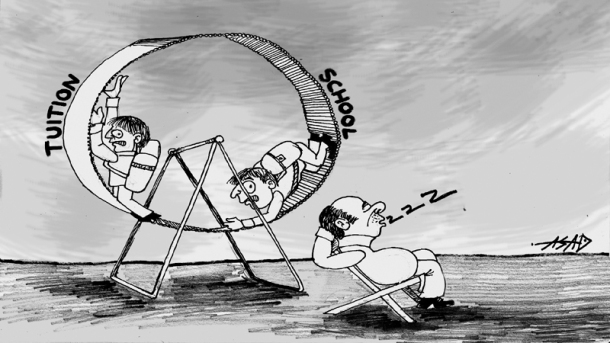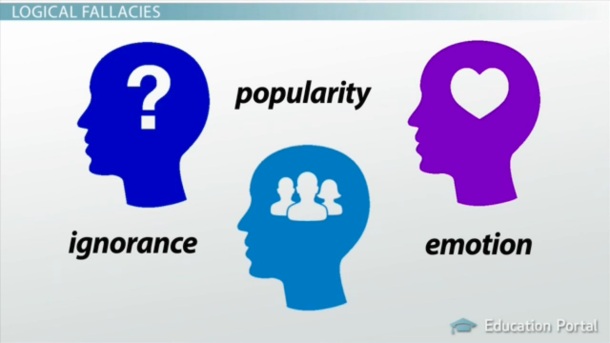In the past couple of years, I have taught in two private schools of Karachi. In this short tenure, I closely observed how the modern schooling system has evolved from being education-centric to consumer-centric. The modern teacher is the labour, the modern child and her parents are consumers, and the modern school is only a business entity.
While the business entity (the school) and consumers (students and parents) are well aware of their rights and responsibilities, it is the teacher who often ends up in confusion whether to maintain her professional identity as a principled educationist or merely a worker.

Now, to avoid making this post too academic, I just present my specific observations which all of us here should ponder over.
- Parents often do not appreciate the teacher’s hard work. All corrective measures meant to discourage negative behaviours in children are given protection. To some parent’s, the child cannot be wrong!
- School staff is expected to portray excellent student achievement during parent teacher meetings and other points of contact. Many teachers would be found making charts/drawings etc. just before such meetings. Ironically, some teachers would place names of their children to make the parents happy.
- Overprotection of parents only amounts to neglect. One 9th grader once warned me that I could not be impolite to him because he paid me fees.
- Teacher’s salaries are worse given their qualification, time, effort and experience. Cheap labour and excess supply of teachers make schools readily exploit the poor bargaining power of teachers. Vacation salaries are often delayed on the next session. That is, the teacher would be paid June’s salary in August’ and July’s in September.
- Just 20 years ago, only the child with learning disabilities would attend after-school tuition. All parents now make sure their child has one. The child, having a safety measure without being asked, attends school rather reluctantly. A 10th grader told me she just comes to school for fun; it is at the coaching center that they seriously study.
- Only a few school owners/administrators and teachers have their child enrolled in the same school as they work, reflecting either hypocricy or sheer dissatisfaction from the school’s performance.
- Modern student, being raised around gadgets, busy parents and nuclear families, are extremely restless. Most suffer from attention disorders and inflated self esteems.
- Like any other commercial institution, school won’t spare a moment to make profit. From uniforms to backpacks and books to stationary, they have their commissions and kickbacks set.
- Parents often also seem to be in a pointless rat-race when it comes to their child’s education. Most would never even apply to convent schools where commercialized education has not seen its valor.
- The examination system has also fell prey to foul tactics used by test preparers, schools, coaching centers etc. The syllabus does not get updated as fast as it used to be. Checking is becoming lenient. Examination bodies are being bribed.
In a nutshell, the private school system of Pakistan is developing consumers, not students. The examples given above are just manifestations of corruption we as a society have got plagued with. We need to check these issues so that the new generation presents us genuine hope and not a falsified illusion of useless degree holders.
















